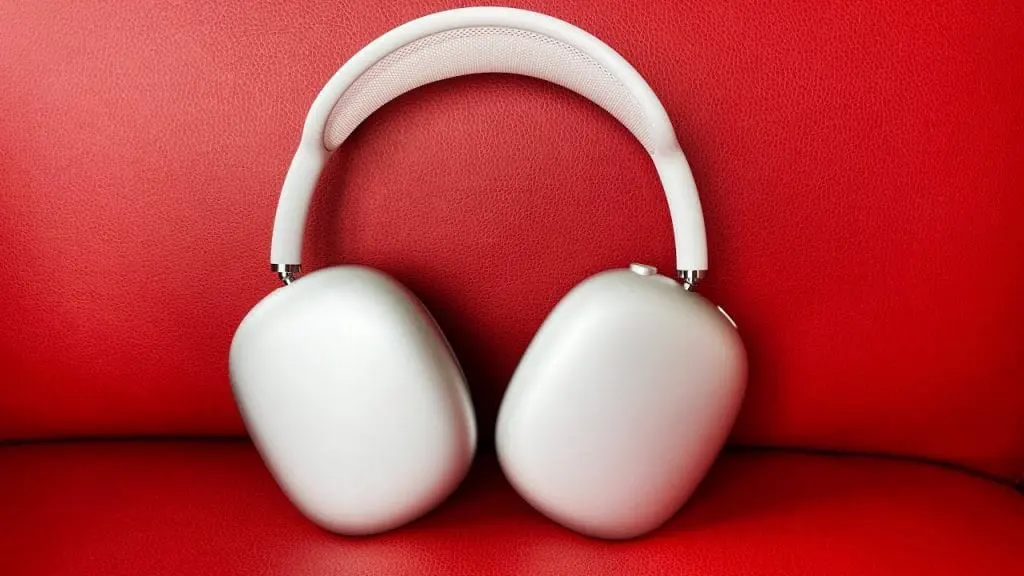Recently, Apple settled a lawsuit for $95 million over accusations of “unauthorized and deliberate recording” of conversations with Siri.
This settlement has fueled a variety of conspiracy theories suggesting that Siri is eavesdropping for targeted advertising, a claim Apple firmly denies as baseless.
The Controversy Surrounding Siri’s Privacy
To recap, the lawsuit originated from a 2019 report by the Guardian, which disclosed that Apple employed contractors to evaluate Siri interactions. A whistleblower from the report claimed these contractors frequently overheard private conversations while performing “quality control” tasks for Siri.
In response, Apple stated that “less than 1% of daily Siri activations” were utilized for evaluation purposes, and these activations usually lasted only a few seconds. Furthermore, these interactions were protected by “Apple’s rigorous confidentiality agreement” and were not linked to user Apple IDs.
Subsequently, Apple announced several enhancements to Siri’s privacy measures via its Apple Newsroom. A notable change was that, by default, Apple no longer stored recordings of Siri interactions. Instead, users could voluntarily choose to assist Siri in improving its capabilities by sharing audio samples of their requests. Apple also assured that “only Apple employees” would have access to those audio samples, as opposed to third-party contractors, and any recordings that were deemed “unintentional triggers of Siri” would be promptly deleted.
Does Your iPhone Listen for Ads? Not at All.
The company emphasized that Siri data has “never been utilized for creating marketing profiles, nor has it ever been sold for any reason.”
Here’s the complete statement from an Apple representative:
Siri was designed with user privacy as a priority from the outset. Siri data has never been used to create marketing profiles and has never been sold for any purpose. Apple settled this case to prevent further litigation, allowing us to move on from concerns about third-party grading that we previously addressed in 2019. We utilize Siri data to enhance the service, continually developing technologies to ensure Siri remains private.
Recent reports have sparked various unsupported conspiracy theories suggesting that this lawsuit supports claims of the iPhone being “ever-listening” and spying for advertising purposes. Apple clarifies that this is entirely untrue, reaffirming that user interactions with Siri are not shared with advertisers.
Apple maintains that throughout the lawsuit, they consistently refuted claims that Siri recordings were used for targeted advertisements, and no substantial evidence has been provided to support such allegations.
Additionally, Siri interactions are linked to a random identifier, allowing Apple to track data during processing without connecting it to your Apple Account, phone number, or any other identifiable information. After six months, this history is also dissociated from the random identifier. Detailed information on these practices is available on Apple’s website on a dedicated Siri and Dictation privacy page.
You can also manually check and remove Siri transcripts directly through the Settings app by navigating to the “Siri & Dictation History” option.
Furthermore, some Siri commands are processed entirely on-device. For example, when you ask Siri to read unread messages, it commands your iPhone to read the messages aloud without sending their contents to Apple’s servers.
Regarding Apple Intelligence features, Apple highlights its use of Private Cloud Compute, which operates on Apple Silicon chips and is accessible to third-party researchers to validate the privacy measures.
DMN’s Perspective
In summary, the circulating headlines suggesting this lawsuit demonstrates your phone is “constantly eavesdropping” are entirely baseless conspiracy theories. Under the current privacy protocols, it is virtually impossible for your interactions with Siri to be used for targeted advertising.
However, this does not excuse Apple’s initially reactive stance to a situation that arose in 2019. More robust privacy measures should have been implemented prior, and it shouldn’t have required a whistleblower for the company to act. An opt-in system should have been established from the very beginning. Nonetheless, Apple has continued to enhance Siri’s privacy protections since then.
Follow Chance: Threads, Bluesky, Instagram, and Mastodon.
: We use income-earning auto affiliate links. More.




